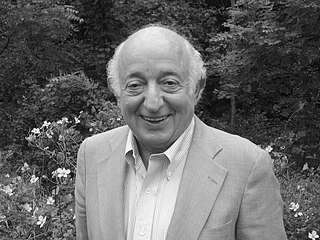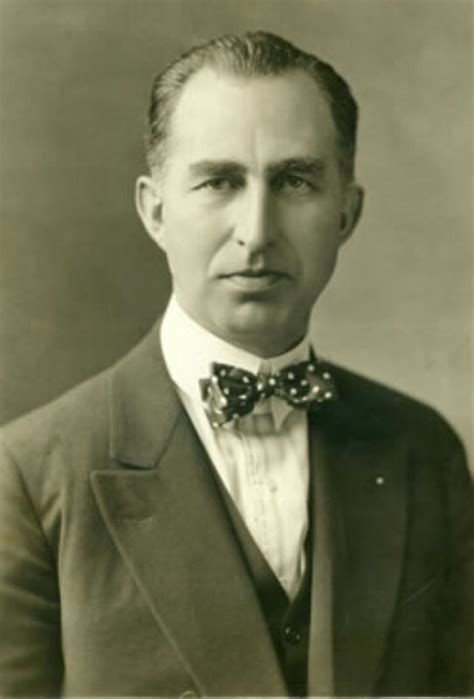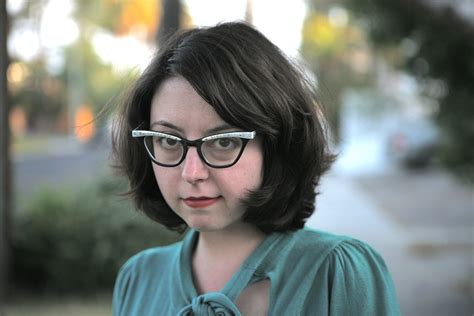A Quote by Roger Kahn
You need that pride in yourself, as well as a sense, when you are sitting on Page 297 of a book, that the book is going to be read, that somebody is going to care. You can't ever be sure about that, but you need the sense that it's important, that it's not typing; it's writing.
Related Quotes
What I do usually is read the book first, for pleasure, to see if my brain starts connecting with it, as a movie. And then, if I say yes, I read it again, only this time I take a pen and, inside the book, I say, "Okay, this is a scene. I don't need this. I'm going to try this. I'm not going to take this." And then, I use that book like a bible and each chapter heading, I write a menu of what's in that chapter, in case I ever need to reference it. And then, I start to outline and write it. I get in there and it starts to evolve, based on having re-read it again.
I think people are much more concerned about money now. There aren't the big advances of the past. You feel the sense of nervousness about the book industry. It's not like before. Not that I knew very much about what it was like because I was a newcomer to it, but I get that feeling that people are more conservative in their book choices and what they are going to publish and what's a sure sell. As opposed to - just like in the economy - a sense of luxury and sense of risk taking ten years ago.
I Need a Good Book I need a good story. I need a good book. The kind that explodes Off the shelf. I need some good writing, Alive and exciting, To contemplate all by myself. I need a good novel, I need a good read. I probably need Two or three. I need a good tale Of love and betrayal Or perhaps an adventure at sea. I need a good saga. I need a good yarn. A momentous and mightily Or slight one. But with thousands and thousands And thousands of books, I need someone to tell me The right one. -John Lithgow
What I love about the thriller form is that it makes you write a story. You can't get lost in your own genius, which is a dangerous place for writers. You don't want to ever get complacent. If a book starts going too well, I usually know there's a problem. I need to struggle. I need that self-doubt. I need to think it's not the best thing ever.
Write what you want to read. So many people think they need to write a particular kind of book, or imitate a successful style, in order to be published. I've known people who felt they had to model their book on existing blockbusters, or write in a genre that's supposed to be "hot right now" in order to get agents and publishers interested. But if you're writing in a genre you don't like, or modeling yourself on a book you don't respect, it'll show through. You're your first, most important reader, so write the book that reader really wants to read.
I thought, "Well, I'm writing about early childhood, so maybe it would make sense to write about late childhood as well, early adulthood." Those were my thoughts, and this was how this crazy book [Winter Journal] was composed. I've never seen a book with pictures like at the end, pictures related to things you've read before.
There's a fantastic, thousand-page book by David Thomson about [David O. Selznick]. Again, it's not the best argument or the best advertisement for his story, because most people aren't going to read a thousand-page book. But I feel like the rise and fall and the work [Mayer] produced - not just the movies, but the memos, the volume of writing - he's just so passionate, and that's really exciting.
A travel book is a book that puts you in the shoes of the traveler, and it's usually a book about having a very bad time, having a miserable time, even better. You don't want to read a book about someone having a great time in the South of France, eating and drinking and falling in love. What you want to read is a book about a guy going through the jungle, going through the arctic snow, having a terrible time trying to cross the Sahara, and solving problems as they go.






































